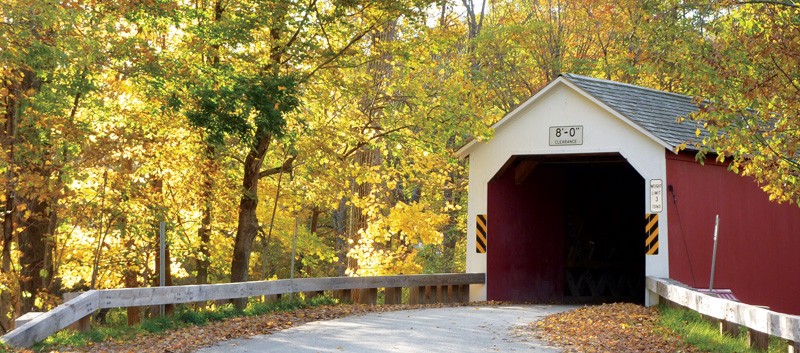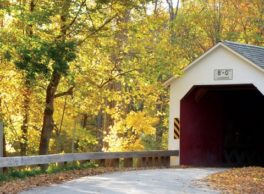Andebit et beaqui corendit, ut quostes esciendion re dit ad et prae parion es quia quas alibus sam, omnim faciden ducipidiat arum autem nobis enis es voat

The Northern Turnpike

An Itinerary on the Alfred Z. Solomon Cultural Heritage Trail
Take a journey along the old stagecoach route of the Northern Turnpike, and discover a landscape that spawned industrialists, and inspired artists. Fertile farmlands and abundant raw materials spurred the development of a good toll road from the Slate Valley to Troy, the hub of the Industrial Revolution. Not much has changed since the boom days of the mid-19th century, the scenery and architecture that inspired artists like Grandma Moses and Norman Rockwell remains the same. This itinerary will take you through a scenic landscape with farmstands that abound with fresh fruits, vegetables, and baked goods to historic villages, dotted with museums, galleries and performing arts venues. What About this Experience is Distinctive or Authentic to the Character of the Region?
Public roads are a novel American idea from the early 20th century, but in the late 18th and early 19th centuries roads were private industries. The turnpike was a money making venture, and the placement of roads often defied nature and logic.
The law designating the turnpike also made specifications for the road –“to be at least four rods wide, twenty four feet of which shall be faced with gravel or other hard material…” This required regular maintenance, which the turnpike commission paid by assessing a toll for travelers. Soon a series of locals created farm roads to allow goods to reach their market without the extra cost of paying a toll. They called these roads “shunpikes.”
Between Granville, NY and Fair Haven, VT lays a valley approximately twenty-four miles long and six miles wide. This valley is the only place in the world where the mineral composition of the metamorphic rock known as slate produces such a wide variety of colors — green, gray, black, purple, mottled green, and red.
Grandma Moses began painting in her seventies after abandoning her hobby in embroidery because of arthritis. Louis J. Caldor, a collector, discovered her paintings in a Hoosick Falls, New York drugstore window in 1938.
Additional Notes
Historic Lodging at the former homes of industrial barons:
Rice Mansion Inn
Sheldon Mansion, Historic Inn, and B&B
Covered Bridges
Shushan
Rexleigh
Buskirk
Eaglebridge
Museums and Historic Attractions
Rensselaer County Historical Society
Lansingburgh Historical Society Museum at the Herman Melville House
Louis Miller Museum
Historic Salem Courthouse
Shushan Covered Bridge Museum
Georgi Museum
Slate Valley Museum
Pember Museum of Natural History
Art, Artists, Theatres, Galleries and Colonies
Arts Center of the Capitol Region
Troy Savings Bank Music Hall
Mt. Nebo Gallery
Salem Art Works
McCartee’s Barn: Harry Orlyk
Fort Salem Theater
Hubbard Hall
Cambridge Depot Theatre
Over the Moon Bead and Gift
Location
Lakes to Locks Passage
518-597-9660
US
[email protected]








